In Potanina v Potanin (No. 2) [2025] EWCA Civ 1136, the Court of Appeal has revisited one of the most high-profile cross-border financial cases in recent family law. The decision clarifies when spouses can bring claims under Part III of the Matrimonial and Family Proceedings Act 1984 (MFPA 1984), what counts as a genuine English connection, and why hardship and fairness still matter.
For clients and practitioners, the case is a reminder that the “leave” stage under Part III is not meant to be a mini-trial. England remains open to applications where a foreign divorce leaves serious gaps in financial provision.

The background
Natalia Potanina and Vladimir Potanin, both Russian nationals, were married for over 30 years before divorcing in Russia in 2014. Mr Potanin is one of Russia’s wealthiest men, with assets held through complex corporate and trust structures.
The Russian courts divided only those assets legally in the spouses’ names. Holdings through companies or trusts were excluded. The result was stark: Mrs Potanina received less than 1% of the wealth – leaving her without access to an estimated US$6 billion. The Supreme Court later described her award as a “tiny fraction” of what she would have received if beneficial holdings had been considered.
After the divorce, she obtained a UK investor visa, bought a London property, and by 2016 was habitually resident in England. In 2019 she applied under Part III MFPA 1984 for permission (“leave”) to pursue financial relief here.
Cohen J initially granted leave but, after a contested hearing, set it aside and dismissed her renewed application. He considered her English ties “recent and modest”, described the claim as “divorce tourism”, and found Russia to be the more appropriate forum.
The Court of Appeal’s decision
The Court of Appeal (Cobb, Moylan and Falk LJJ) disagreed. It allowed her appeal and granted leave itself, highlighting several key points:
- The threshold test under s.13: “Substantial ground” means a solid case with a real prospect of success – not proof of entitlement. The leave stage should not resolve disputed facts.
- Connection to England: The law does not require a “substantial” connection, only a genuine one. Mrs Potanina’s investor visa, London property, and habitual residence since 2016 were enough to establish this.
- Hardship and injustice: While not formal preconditions, they remain highly relevant. The extreme disparity between her Russian award and the husband’s retained assets demonstrated a strong case for injustice.
- Jurisdiction under EU rules: At the time of her application, the EU Maintenance Regulation applied. Because she was habitually resident in England, the court had jurisdiction and could not dismiss the needs-based aspect on forum grounds.
The Court also criticised Cohen J for treating the leave hearing like a trial, undervaluing her English connection, and overstating her Russian ties.
Why this matters
This ruling has practical consequences well beyond its high-profile context:
- For applicants: Part III remains a genuine safety net where foreign provision is inadequate. Habitual residence, a property interest, or a visa may suffice to establish an English connection.
- For respondents: Dismissing a claim as “divorce tourism” is not enough. Unless there is a clear and decisive argument against jurisdiction, leave is likely to be granted.
- For cross-border families: England continues to act as a forum of last resort where other systems exclude beneficial ownership or produce starkly unequal outcomes.
Key takeaways
- Leave requires only a real prospect of success, not proof of entitlement.
- A meaningful English connection – residence, property, or visa – is sufficient.
- Hardship and injustice remain persuasive factors.
- The leave stage is not a trial; disputed facts should be dealt with later.
Final thoughts
Potanina v Potanin (No. 2) reaffirms that English courts will not close the door on spouses left with inadequate provision overseas, especially where foreign law creates structural gaps. For international families, the message is clear: if a foreign divorce leaves you unfairly short-changed, England may still provide a remedy – provided there is a genuine link to this jurisdiction.
Have questions? Get in touch today!
Call our office on 020 7928 0276, we will be taking calls from 9:30am to 6:00pm.
Email us on info@lisaslaw.co.uk.
Or, use the contact form on our website. Simply enter your details and leave a message, we will get right back to you: https://lisaslaw.co.uk/contact/
For more updates, follow us on our social media platforms! You can find them all on our Linktree right here.





